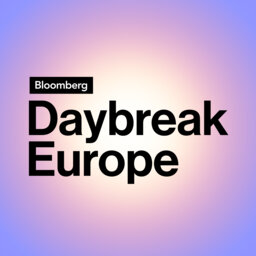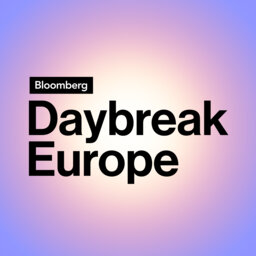Reeves’s Economic Plan On The Brink, LA Death Toll Expected To Rise & Trump’s Greenland Obsession
Your morning briefing, the business news you need in just 15 minutes.
On today's podcast:
(1) UK Chancellor Rachel Reeves is struggling to maintain financial market confidence, with the 10-year gilt yield rising to its highest since 2008 and the pound falling to its weakest in over a year.
(2) Chancellor of the Exchequer Rachel Reeves will become the most senior British official to visit Beijing in 7 years this weekend as she embarks on a mission to deepen economic ties with China against the backdrop of UK market turmoil that threatens to undermine her plans to spur growth domestically.
(3) Britain’s market upheaval has put the spotlight on its Labour government this week, but economists say the Bank of England will also have to rise to the occasion by slowing interest rate cuts.
(4) The wildfires across Los Angeles have razed homes and businesses, and forced about 180,000 residents to flee. Economic losses have been estimated at $135 billion to $150 billion by AccuWeather Inc., which would rank among the costliest natural disasters in modern US history.
(5) Atop Wall Street’s largest investment banks, executives are locking in plans to award traders and dealmakers their biggest bonus increases since the pandemic, with 10% hikes — or more — coming for many desks, according to people briefed on the plans.
(6) Donald Trump’s obsession with Greenland has put the world’s largest island in an unexpected position of power. Greenland's push for independence from Denmark is intensifying, with a general election in the next three months that could see the territory play the US and Denmark off each other.
 Bloomberg Daybreak: Europe Edition
Bloomberg Daybreak: Europe Edition


